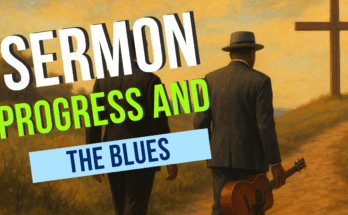As an Amazon Associate I earn from qualifying purchases.
Charles Koller in the book How To Preach Without Notes writes: “Preaching at its best is the sharing of profound personal experience.” He backs up this claim by appealing to the apostles who simply told the story of their interaction with Jesus Christ (Acts 4:20).
Koller gives three criteria for the determination of whether we should inject a particular piece of our expereince into the sermon. The first criteria is that it is true. I have heard stories that were obviously untrue given by preachers. This detracts from the message that the preacher is trying to convey.
The second criteria is the story is the preacher’s own. Too often preachers attempt to palm off someone else’s story as their own. Often times the people sense something is not right and it will ultimately hurt the credibility of the preacher in the eyes of the congregation.
The third criteria is that the preacher is not the hero of the story. This kind of thing undercuts the message to promote the messenger.
In short, the preacher should tell stories from the preacher’s experience. These stories strengthen the connection of the people with the preacher as well as clears up the message itself. However, the preacher should make sure that the point of the story is to clarify or enforce truth. If that is not the preacher’s purpose, then the story should be left out.
Amazon and the Amazon logo are trademarks of Amazon.com, Inc, or its affiliates.




